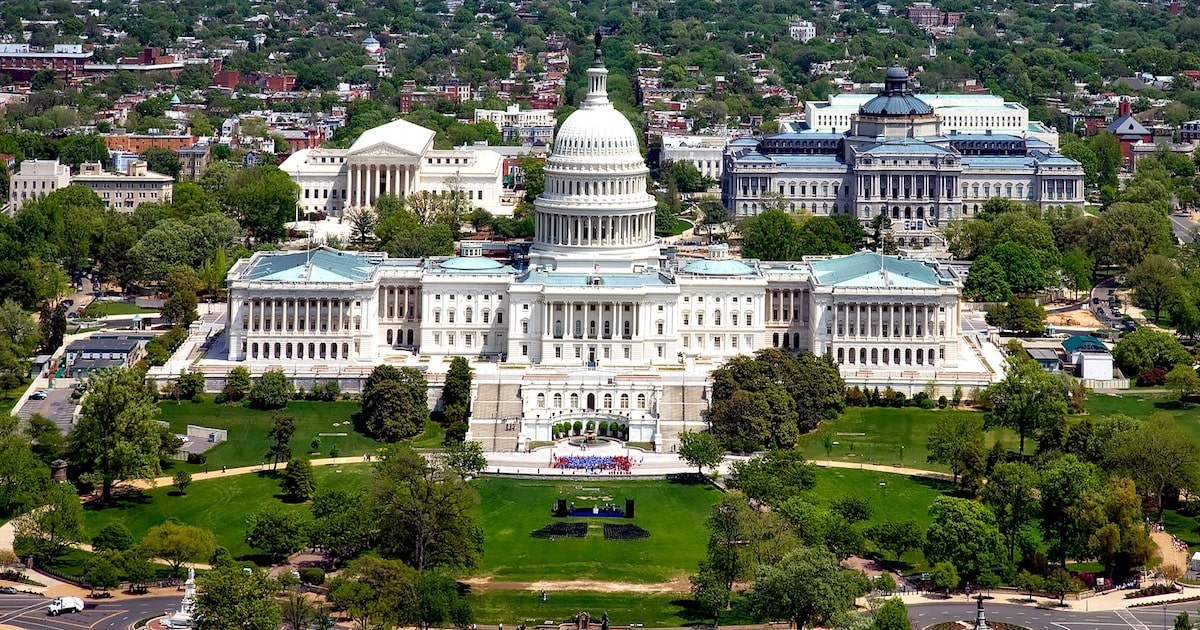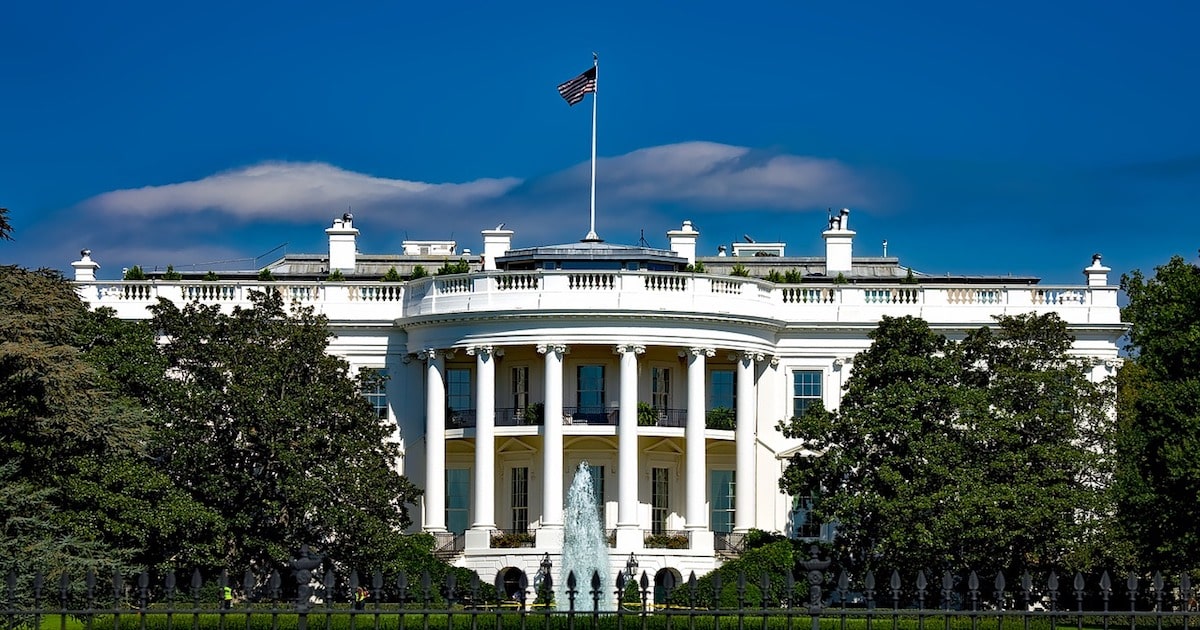
National Review Conservative Backs the STATES Act

National Review Conservative Backs the STATES Act
It shouldn’t come as a surprise that Theodore Kupfer, or any conservative, writing for the National Review supports cannabis legalization, especially a states’ rights position on the issue. After all, states’ rights’ is a traditional conservative political value and supporting legalization has never been more popular.
National Review founder William F. Buckley supported ending marijuana prohibition back in 1972, before Oregon became the first state to decriminalize person use a year later. The conservative publication’s editorial board proclaimed in 1996 that “The War on Drugs Is Lost,” before California became the first state to legalize medical cannabis that November. The big difference now, however, is that there is a bipartisan, states-rights-centric bill that would effectively (but not completely) end the federal prohibition on cannabis and a Republican president in office that has signaled his “likely” support of the bill.
Kupfer notes the sensible, compromise position that the STATES Act lays out in his piece, “Leave Marijuana Policy to the States“:
Fearing opposition from the usual tough-on-crime suspects, advocates of the STATES Act are clear: This is not a legalization bill. Buying weed in Colorado and returning home to Nebraska would remain both a state and federal crime under the STATES Act, as would selling weed as a black-market drug dealer who also carries fentanyl in his inventory. People who run afoul of state laws would be subject to federal prosecution, potentially allowing the federal government to reinforce the various legal regimes of each state. Gardner points to another virtue of increased transparency in the business sector: “Conflicting federal and state marijuana laws make it difficult for legitimate businesses to use the basic financial services they need access to, which creates a public safety risk,” the senator told National Review. “Businesses are being forced to carry around bags of money to pay for their employees and rent because of banks not being able to accept their money. . . . Getting this industry into the banking system will help increase transparency and allow law enforcement to ensure both that the profits are going to investors rather than cartels.”
As more states legalize marijuana, the need for a reconciliation between the federal prohibition and the will of the people will come into sharper relief. But we should not forget that the drug imposes economic and human costs. Its proliferation will invite new regulatory and social questions: What is the proper taxation regime for marijuana? Set the wrong one — per-gram, for instance — and we risk incentivizing businesses to develop ever-more potent strains, amplifying the costs to heavy users. How much should society stigmatize marijuana? A newly libertarian legal regime need not come with a libertine social ethic that trivializes the abusive potential of weed.
All of which means the STATES Act, even if it were to pass, should not be considered the end of marijuana policymaking in the U.S. But if it is just a start, it is the right start. The federal government should bequeath these questions to the laboratories, and let us experiment with different regulatory strains.
There’s a lot of work left to be done to pass the STATES Act, which will probably only get passed in the near future if the Democrats take the House and at least keep a close margin in the Senate. While the cannabis reform movement has made great strides with Republican voters, the politicians are lagging way behind the people, especially in the current GOP-led House and Senate Majority Leader Mitch McConnell isn’t as high (pun intended) on marijuana legalization as he is on ending hemp prohibition. Despite the obstacles to passing the STATES Act, it is great to be this close. It’s possible that the bill could be enacted as early as next year.
As Theodore Kupfer notes, the passage of the STATES Act wouldn’t be the end of the need of addressing federal cannabis policy, but it will be a great step forward and a start to further implement sensible policies. The STATES Act wouldn’t fully allow transporting across state lines, although it potentially provides bordering states the ability to export and import, and we likely would need further clarification on international business as well. Unlike Kupfer, I’m not 100% certain that the STATES Act fixes the 280e IRS tax code that unfairly taxes cannabis businesses, so an amendment or another bill may be needed on that end as well.
Despite the flaws of the STATES Act, it would be a great step forward for freedom in this country, the jobs and revenue that will be created will be icing on the cake. Step by step, freedom, jobs, and revenue are on the march and it is a great time to be a cannabis legalization advocate.
The best place to learn the latest about the cannabis industry, and the legalization movement in general, is the International Cannabis Business Conference. Join the ICBC and network with top activists, entrepreneurs, and investors at the upcoming Vancouver, Canada, event this June 24th-25th and the Portland, Oregon, event on September 27th-28th. Also, it’s never too early to start planning on Berlin, Germany, on March 31st-April 2nd in 2019.
Share article


Share article
Join Our Awesome Community
Join Our Awesome Community
Join Our Awesome
Community
Get all the latest industry news
delivered to your inbox







